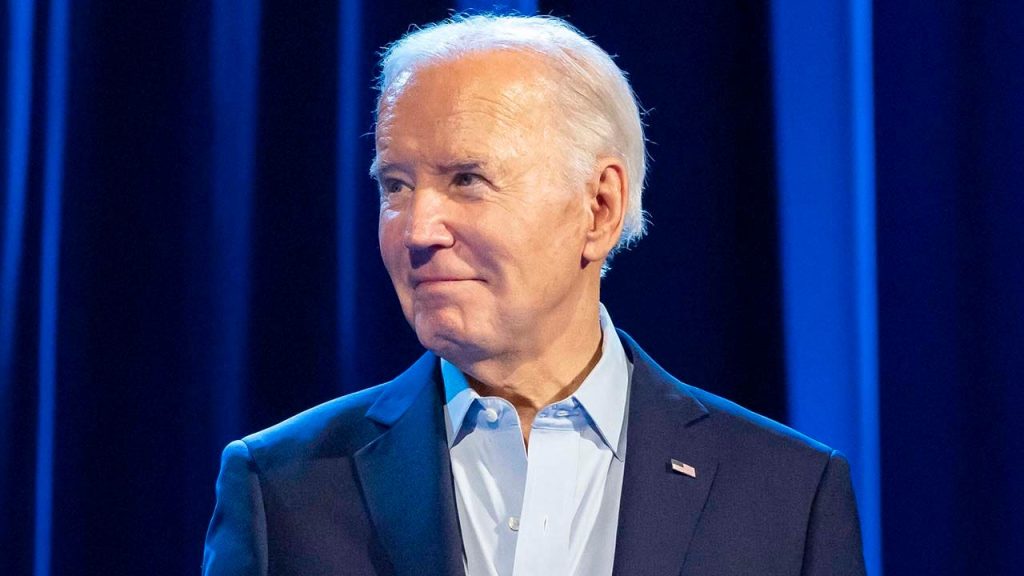President Biden has faced criticism for marking March 31 as “Transgender Day of Visibility” which this year falls on Easter Sunday. In response to the backlash, the White House has defended the president’s inclusiveness message. White House spokesman Andrew Bates stated that Biden stands for bringing people together and upholding the dignity and freedoms of every American despite efforts by critics to divide the country using hateful rhetoric. The White House released a statement on Transgender Day of Visibility affirming the commitment to equality and expressing support for transgender Americans.
Following the announcement, prominent Christians, politicians, and social media commentators expressed outrage towards Biden and his administration. Former President Trump called for an immediate apology to Christians and Catholics, while House Speaker Mike Johnson accused the Biden administration of betraying the significance of Easter Sunday. Franklin Graham criticized Biden’s lack of respect for God, and Mississippi Governor Tate Reeves labeled the declaration as an intentional insult to Christians. South Dakota Governor Kristi Noem also criticized the administration for not respecting people of faith and for seemingly excluding them in America.
The White House also faced criticism for banning religious egg designs in its Easter Art Event, further intensifying the backlash against Biden’s proclamation. The administration’s choice to celebrate Transgender Day of Visibility on Easter Sunday caused controversy, with critics denouncing the decision as an affront to the Christian faith. Various individuals, including Vivek Ramaswamy and Caitlyn Jenner, expressed their discontent with Biden’s proclamation, emphasizing the importance of honoring Easter as a religious holiday. Secretary of State Antony Blinken recognized Transgender Day of Visibility as a celebration of courage and resilience but acknowledged that more work needed to be done for the transgender community.
Despite the backlash, the White House stood by its decision to proclaim March 31 as Transgender Day of Visibility, emphasizing the administration’s commitment to inclusivity and support for transgender Americans. The response to Biden’s announcement highlighted the deep divide in opinions regarding the intersection of religious holidays and recognition of marginalized groups. The controversy surrounding the proclamation underscored the ongoing cultural and political tensions in the United States over issues of faith, identity, and equality. The clash between those supporting Biden’s message of inclusiveness and those criticizing it for allegedly disrespecting religious traditions reflected broader societal debates on values, beliefs, and rights.


